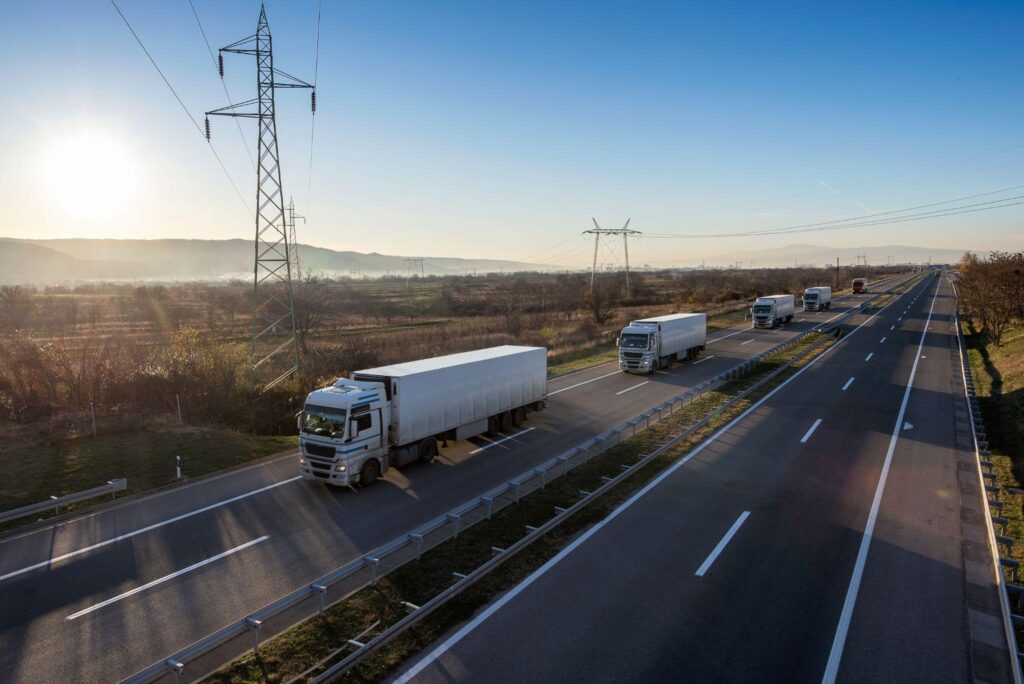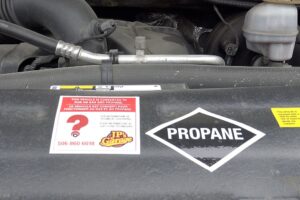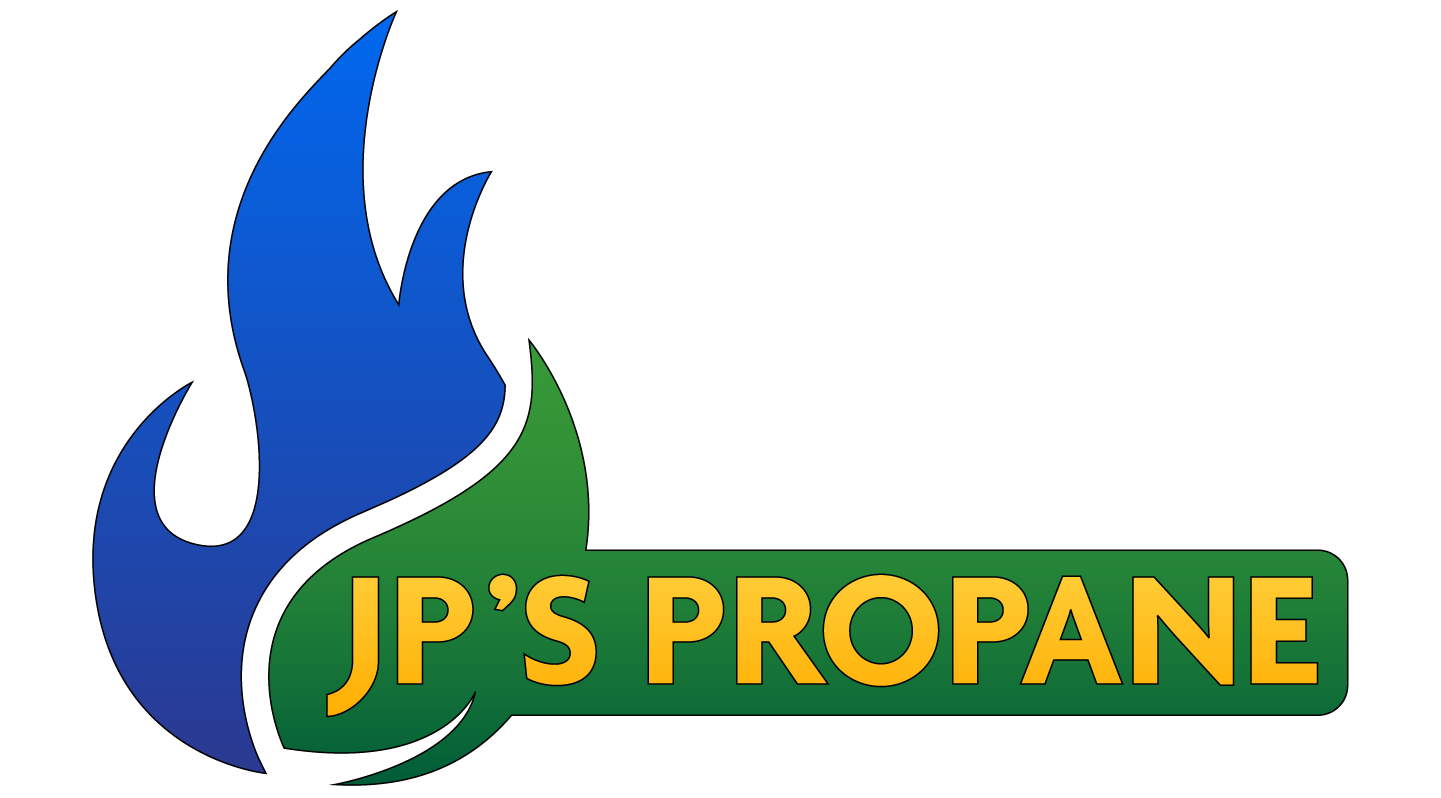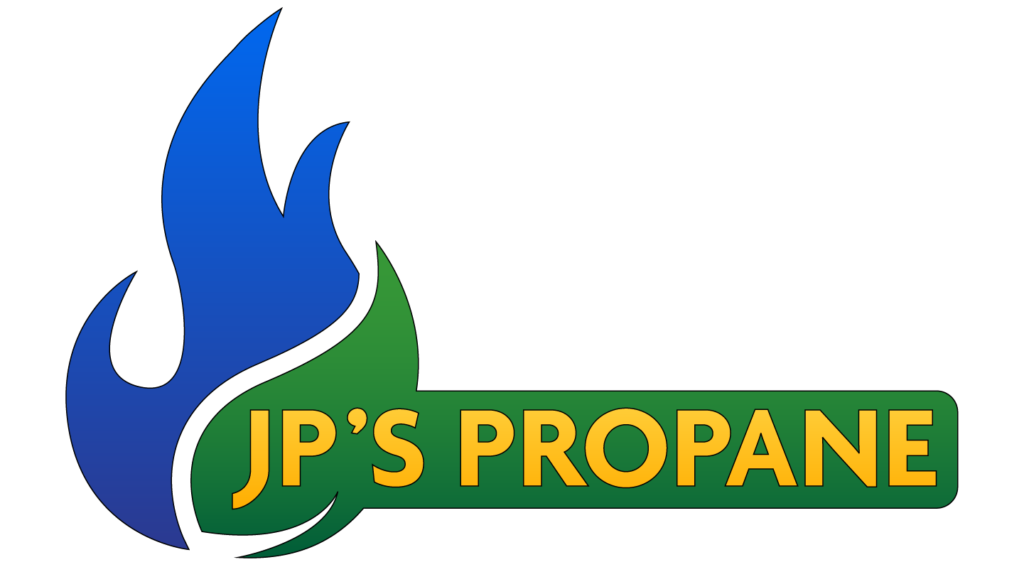Why More Canadian Fleets Are Switching to Auto Propane

Across Canada, businesses and public agencies are under pressure to reduce operating costs and improve their environmental performance. For high-consumption fleets, one solution is gaining serious momentum: propane. It’s already the third most common fuel used for vehicles in Canada, and for good reason – it saves money, reduces emissions, and works reliably in extreme weather.
If your fleet is still running on gasoline or diesel, here’s why it might be time to make the switch.
Significant Cost Savings
Auto propane is one of the most affordable fuels on the market. The average Canadian price of propane is about 40% lower than gasoline or diesel, and in some regions that savings can exceed 50%.
But it’s not just the fuel price that saves you money. Everything from conversion to infrastructure is more affordable:
- Vehicle conversions are about half the cost of natural gas systems.
- Installing a propane refueling station can cost up to 95% less than a comparable natural gas setup.
- Ongoing maintenance costs are lower, due to reduced wear and cleaner combustion.
These savings add up. Most operators can recoup conversion costs in under a year, making auto propane a smart long-term investment.
Lower Maintenance and Increased Vehicle Life
Propane burns much cleaner than gasoline or diesel. That means:
- Less carbon buildup inside the engine
- Lower risk of oil contamination
- Longer intervals between oil changes and fewer component replacements
Because of this, engines tend to last longer, and maintenance is more predictable. Fewer breakdowns and longer engine life translates to more time on the road and less time in the shop, which is critical for any fleet’s bottom line.
Efficient Fuel Management and Conversions
 Fleet managers are switching to propane for its lower costs and cleaner emissions profile. Card Lock fuel systems enhance this shift by providing secure, managed access to propane, offering detailed usage data and streamlining refueling processes across multiple locations.
Fleet managers are switching to propane for its lower costs and cleaner emissions profile. Card Lock fuel systems enhance this shift by providing secure, managed access to propane, offering detailed usage data and streamlining refueling processes across multiple locations.
With professional gas-to-propane conversions, fleets can upgrade existing vehicles instead of investing in entirely new units. This practical approach accelerates the move to propane while keeping operations smooth and predictable.
Ready for Harsh Canadian Winters
Cold weather is a fact of life in Canada, and your fuel needs to perform no matter how low the temperature drops. Propane is well suited for these conditions:
- Dual-fuel systems start on gasoline and automatically switch to propane once the engine warms up.
- The switch happens seamlessly once the engine coolant reaches 45°C, with no manual input required.
- Vehicles can operate in temperatures as low as -40°C, maintaining reliable performance throughout the winter.
If you’re managing fleets in cold regions, propane is not just viable, it’s ideal.
Environmental Benefits That Matter
 Propane is also non-toxic, lead-free, and has virtually no sulfur content. If released, it dissipates into the atmosphere without contaminating soil or water. That makes it a safer, cleaner option for urban fleets, schools, or public works departments that operate in sensitive environments.
Propane is also non-toxic, lead-free, and has virtually no sulfur content. If released, it dissipates into the atmosphere without contaminating soil or water. That makes it a safer, cleaner option for urban fleets, schools, or public works departments that operate in sensitive environments.
Auto propane significantly reduces emissions, making it an environmentally responsible choice:
- Up to 30% fewer lifecycle greenhouse gas emissions
- 18% less carbon dioxide at the tailpipe
- 20% less nitrogen oxide, a major contributor to air pollution
- 60% less carbon monoxide
- 98% less particulate matter than diesel
A Practical, Scalable Solution

If you’re looking to improve your fleet’s financial and environmental performance, auto propane is one of the most accessible and cost-effective tools available.
Auto propane is not just a niche solution. It’s already being adopted by:
- Municipal transit agencies
- School bus operators
- Commercial delivery fleets
- Government departments
These organizations are seeing real results: lower fuel bills, lower emissions, and longer-lasting vehicles.
Ready to reduce fleet costs and emissions? Choose JP’s Propane.
Contact us today to learn how auto propane can work for your vehicles, from conversion to fueling.

